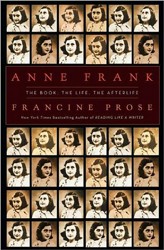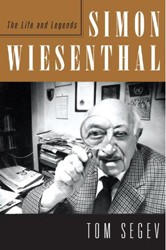By
– September 13, 2011
With her grandfather growing old, and she the family’s “writer,” it fell to Cohen to satisfy his request for her to interview him and record his story — from his family life in Poland, his youth, the devastation of his town, the Nazi invasion, his incarceration in seven labor camps, all located in Poland: Sosnowitz. Gogolin, Maslovitz, Direnfurt, Fintchien. Although he had been made a “kapo” because of his strength, he could never bear to strike a fellow prisoner for not working hard enough, so he did their work too, but eventually lost his “kapo” rating because of it. For a full year, he was at Gross-Rosen, a death camp, where those in his job were killed every th ree months to prevent their witnessing, should they survive. He did survive to be shipped to Braunschweig Drite concentration camp where he worked underground at the Hermann Goering factory making grenades. With news of the American advance, the prisoners were moved to Bergen Belsen, where he found his two sisters, only one of whom survived until liberation. The shock of the Holocaust did not end with liberation, however, nor with the Second Generation. The Shoah claimed its victims many years later, as well. The author’s grandfather, Murray Schwartzbaum, had still more tragedy to bear, when his beloved first wife, Fela, emotionally damaged by her experiences during the years of incarceration, committed suicide, leaving him and their three children. The family eventually recovered, and her grandfather remarried. Here, the third generation, the author, has revisited it and gracefully fulfilled her grandfather’s wish to write down what happened to him before it was too late. Photos.
Marcia W. Posner, Ph.D., of the Holocaust Memorial and Tolerance Center of Nassau County, is the library and program director. An author and playwright herself, she loves reviewing for JBW and reading all the other reviews and articles in this marvelous periodical.





